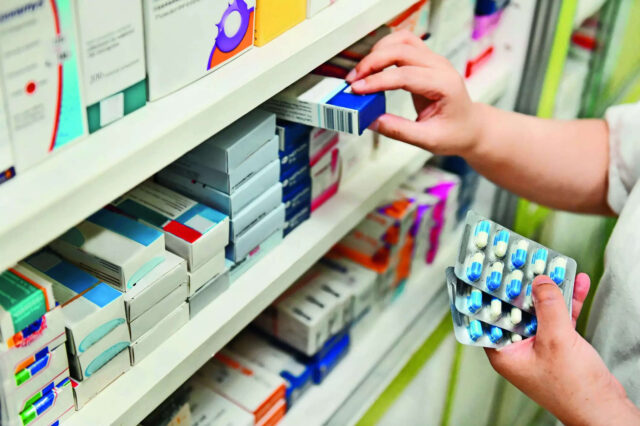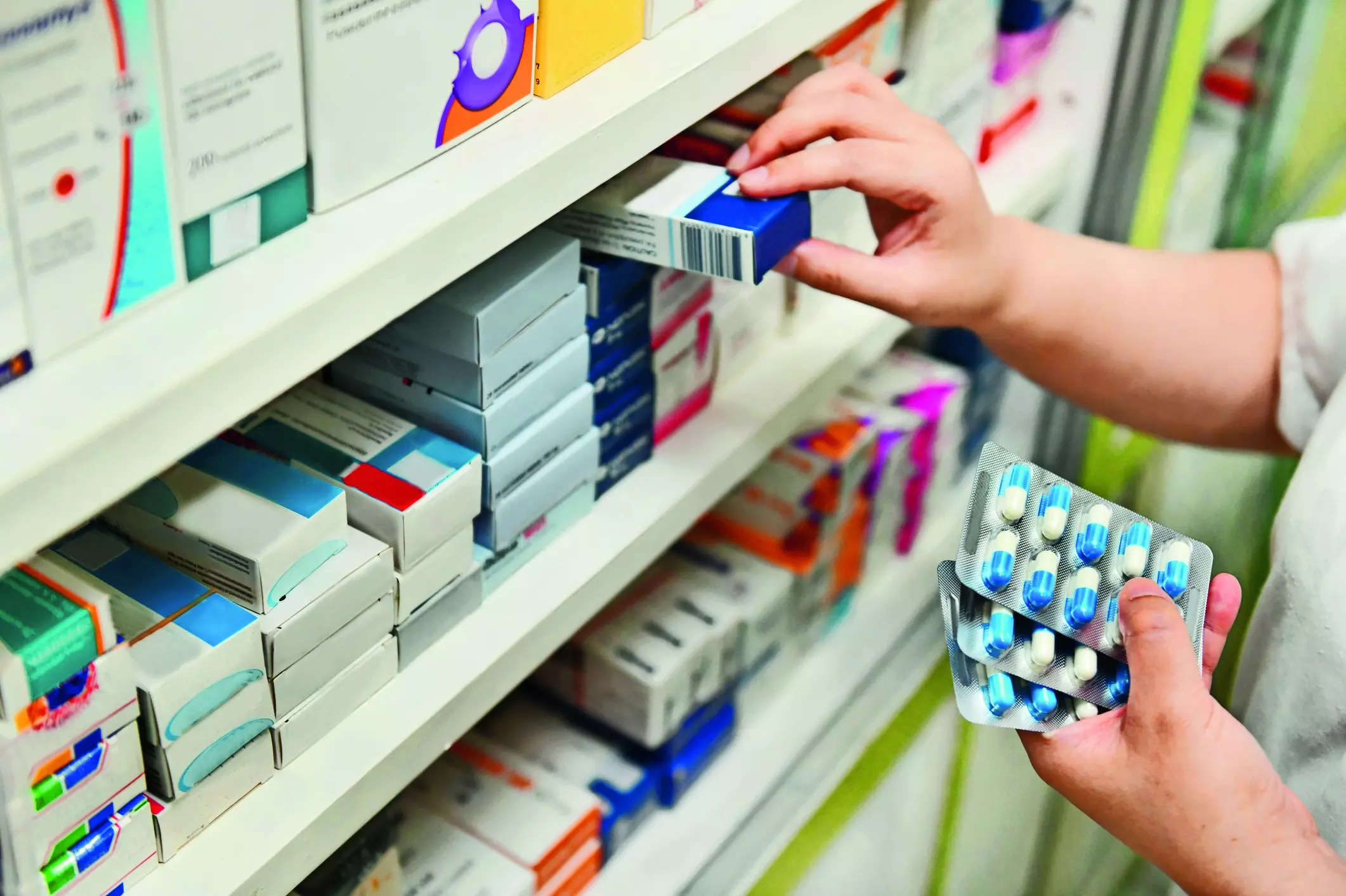“They are not fake medicines. They were ‘not of standard quality’ medicines. There is a difference between the two. Only five of them were spurious in our terminology, which you can talk as fake,” he asserted.
Every month, he said the CDSCO samples and tests about more than 2,000 samples from the market, and out of that, “some 40-50, of them fail in one or the other parameter, which could be very minor parameters, also not of any health risk and we put that on our portal.”
Referring to the recent reports, Raghuvanshi said, “So the one picture which is being given is that there were 50 fake medicines which we banned. That was completely wrong. They were not fake medicines and they were not banned. They were just notified as not of standard quality.”
When asked what actions have been taken following the recent notification by the CDSCO, he said,”On our part, what as a process we do is all these are put on recall. So the day, we get the information about the ‘not of standard quality’ or ‘spurious’, immediately the next step is to inform the manufacturers and tell them to recall the drugs and that’s a process.” As for the five spurious drugs, he said, “We have identified the spurious products, and then action starts from the person who sells, from where we have samples, and then we do the mapping of the whole supply chain.”
He acknowledged that it is still a work in progress to bring the culprits to book. The Drug and Cosmetics Act, has all the provisions to take care of the issue related to fake medicine and spurious drugs, he said, adding, “There are set procedures which are followed once we detect them and we take them to logical conclusion, and that’s what is happening currently”. Raghuvanshi further said, “We give recommendations for prosecution or recommendation for administrative actions, depending on how serious non-compliance issues are there.”
Last month, more than 50 drugs, including antacids and paracetamol, were listed in CDSCO’s monthly list of substandard or fake medicines sold in India.






































